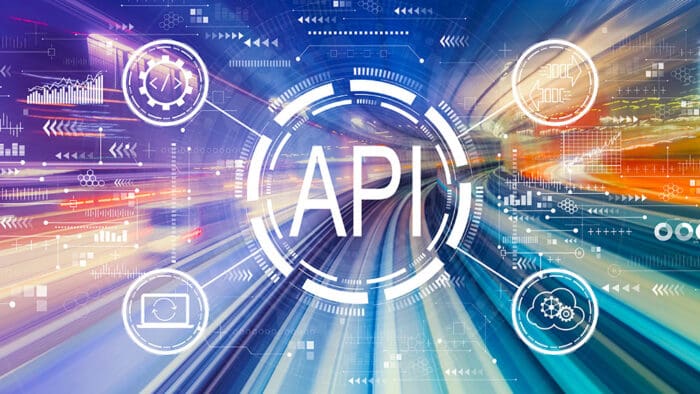A Conversation with Jeff Ryan on the Origins of Chicago’s R/Finance Conference, and the Challenge of AI
Jeff Ryan, early adopter of R for finance and founder of Chicago’s R/Finance Conference https://www.rinfinance.com/, has never taken a programming course. But twenty years ago, as an options market maker on the floor of the Cboe, he saw R’s potential value for programmed trading and taught himself the language. He realized that the nascent open-source R community was a resource that could help him fill the gaps between what he was good at and what he needed help with.
“I have an econometrics background, mostly statistics. When I first became aware of R it was mainly being used in the stats world. I didn’t start experimenting with it in finance programming until around 2005, which was still the early days. At first, I could only work out certain parts of what I was looking for, but back then, it was easy to befriend people online and coordinate with them.”
Ryan’s initial idea was to automate data manipulation, which, at the time, was a difficult challenge. He realized that if he published his modeling package as open source and invited others to refine and extend it, he could harness the expertise needed to build out the parts he would have struggled to build himself. His new packages quickly gained traction within the community.
“We ended up building and sharing a whole suite of software.”
While this work was underway, Ryan and several other key members of the open source community met face-to-face at an R conference in Iowa.
“It turned out a number of us lived in Chicago, so when we got back home we met and agreed that it didn’t make sense to duplicate effort developing the same things. That led to really productive collaborations.”
An R conference in Switzerland sparked his interest in starting one closer to home.
“I enjoyed Switzerland, but I thought it’d be nicer to walk to and from a conference rather than getting on a 10-hour flight every year,” he jokes, “though if that conference still existed, I’d probably still be going. For me, good conferences are kind of magical.”
The University of Illinois Chicago agreed to run the new conference which, despite some skepticism from Ryan’s R community, attracted many of the top people in the field. Sixteen years later, it’s still going strong.
“That first year we invited all the people we could think of who touched the space, the folks we thought were super important. We hoped to get at least one keynote out of them. As it happened, we got all of them. And with all those names on the agenda, a lot more people than we anticipated showed up. This was just year one. We had no idea how lucky we were — we didn’t know how to run a conference and probably still don’t. But fortunately, UIC’s great at it.”
Ryan is modest about his own programming chops. He sees his biggest strength as identifying problems and solving them logically.
“In terms of natural programming ability, I put myself a little lower than many people I encounter. But at its core, what we’re doing is working with logic. If you think through a problem step-by-step, you can probably find a way to make it happen.”
He describes his early open source approach as a form of collaborative DIY.
“It’s like building a shed. If you don’t have the tools, you have to go to the hardware store, buy them, find people who know how to use them and learn from them – all before you start building. When I started with R in 2005, the internet wasn’t nearly as robust as it is now, but internet communities were thriving. Open source was a way to jump-start your programming by collaborating with smarter people. And a lot of what we did then still works today. For example, I built an IBrokers package with Interactive Brokers that’s still being used.”
Next: Ryan on AI
Disclosure: Interactive Brokers
The analysis in this material is provided for information only and is not and should not be construed as an offer to sell or the solicitation of an offer to buy any security. To the extent that this material discusses general market activity, industry or sector trends or other broad-based economic or political conditions, it should not be construed as research or investment advice. To the extent that it includes references to specific securities, commodities, currencies, or other instruments, those references do not constitute a recommendation by IBKR to buy, sell or hold such investments. This material does not and is not intended to take into account the particular financial conditions, investment objectives or requirements of individual customers. Before acting on this material, you should consider whether it is suitable for your particular circumstances and, as necessary, seek professional advice.
The views and opinions expressed herein are those of the author and do not necessarily reflect the views of Interactive Brokers, its affiliates, or its employees.
Disclosure: R API Disclosure
This software is in no way affiliated, endorsed, or approved by Interactive Brokers or any of its affiliates. It comes with absolutely no warranty and should not be used in actual trading unless the user can read and understand the source. IBrokers is a pure R implementation of the TWS API.
















Join The Conversation
If you have a general question, it may already be covered in our FAQs. If you have an account-specific question or concern, please reach out to Client Services.